(ECNS) -- The success of the China-Singapore Suzhou Industrial Park (SIP) not only showcases the growth of both countries but also illustrates how China-Singapore cooperation has evolved and expanded in tandem with their respective development, Senior Minister of Singapore Lee Hsien Loong said at the 30th anniversary celebration of the park last week.
“China’s development is an enterprise that will take a century. But it would be short -sighted and unwise to write off China,” said Lee added.
He further noted that “We must never underestimate the Chinese people’s determination for their nation to succeed and stand tall in the world.”
Launched in 1994, the SIP was the first collaboration between the governments of China and Singapore.
Over three decades, what was once a low-lying area has transformed into a modern urban hub. Covering less than 300 square kilometers, the park now generates over one billion yuan ($137 million) in GDP daily.
In the past 30 years, the park has delivered three remarkable milestones: total tax revenue of 1.09 trillion yuan, fixed asset investments of 1.1 trillion yuan, and a cumulative import-export volume of $1.54 trillion.
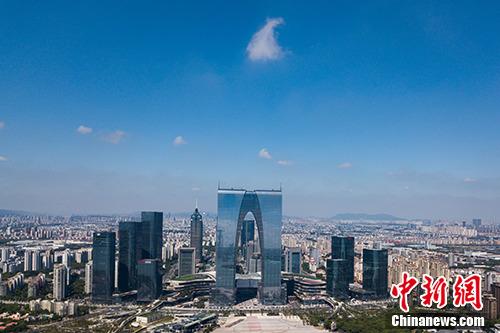
On one hand, China has acquired valuable experience in economic development, investment, and urban planning. On the other hand, Singapore has deepened its cooperation with China’s industries, playing a key role in China’s reform and opening-up process.
Kelvin Kee, executive director of the International Business division of Singapore Business Federation, told China News Network that when Singaporean companies initially ventured into China, their primary focus was on manufacturing industries.
Kee pointed out that as China’s economy evolves towards upgrading, Singapore is adapting to this new trend by investing in emerging sectors such as high-end manufacturing, green energy, and the digital economy.
In recent years, through cooperation in technological innovation, service trade, and cross-border investment, China and Singapore have forged a path of genuine collaboration and mutual benefit.
SIP success stands as a powerful testament to China’s continued commitment to global openness and its expanding engagement with the world.
Kee said he has strong expectations for the Chinese market.
A recent survey found that at least half of Singaporean businesses have set up offices in China, and among those that haven't, a quarter plan to set up in the near future. This reflects many Singaporean companies maintained optimistic about China’s economic prospects.
Beyond the SIP, foreign companies’ confidence in China’s economy is also evident in the recently concluded 7th China International Import Expo (CIIE) and the second China International Supply Chain Expo (CISCE).
The 7th CIIE reported over $80 billion in intended transactions, while the proportion of international exhibitors at the second CISCE surpassed that at the first edition.
This underscores that foreign companies continue to see China’s expansive market and growth potential as highly promising. It also reinforces that decoupling and isolation are unappealing, while cooperation and mutual success pave the way for shared prosperity, benefiting not just China but the world.












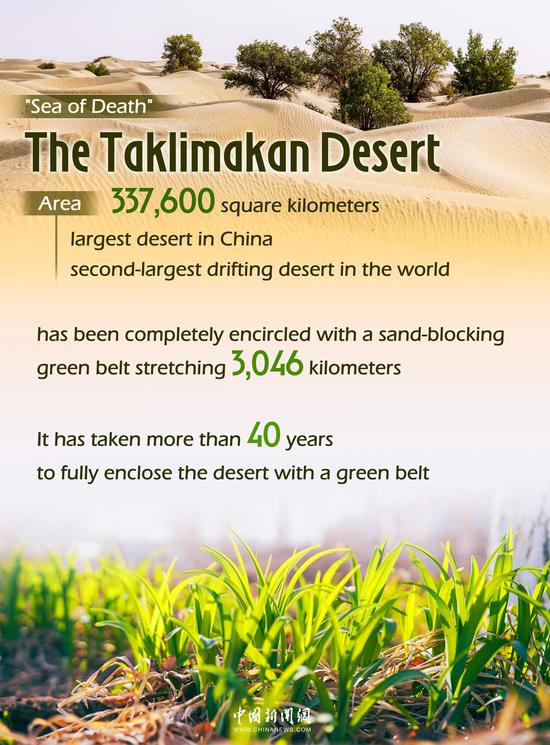
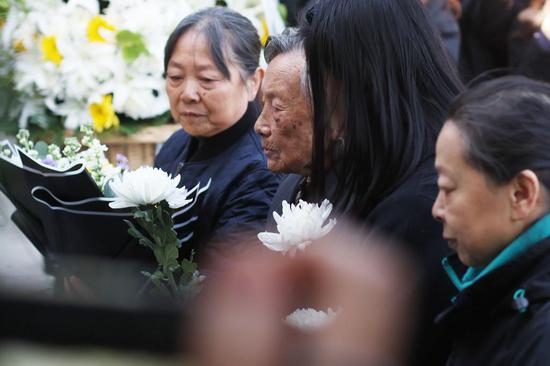

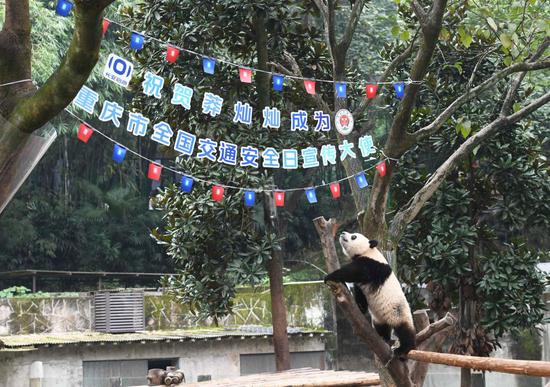
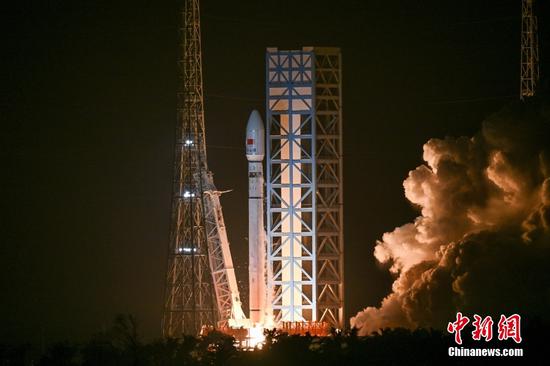
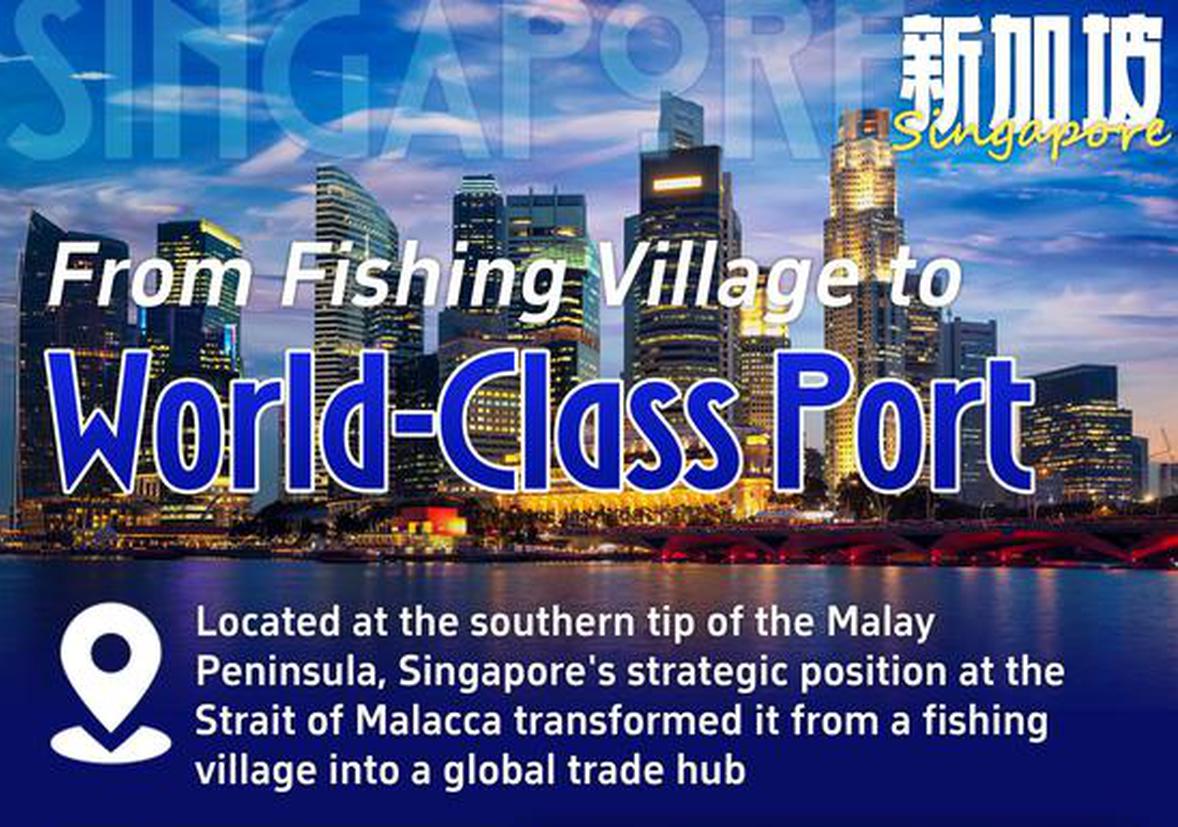
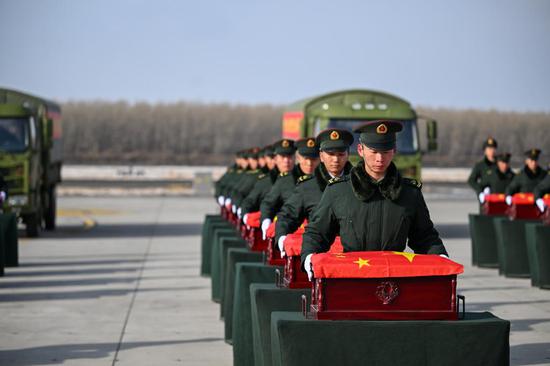


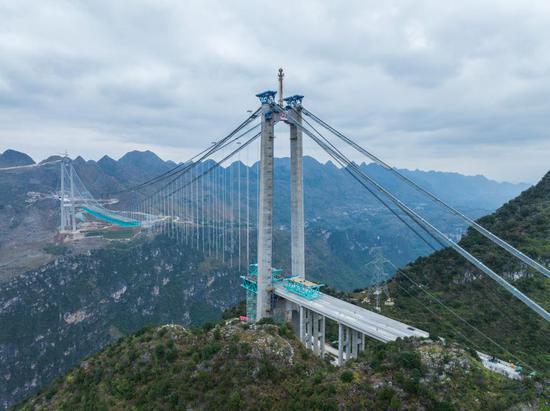

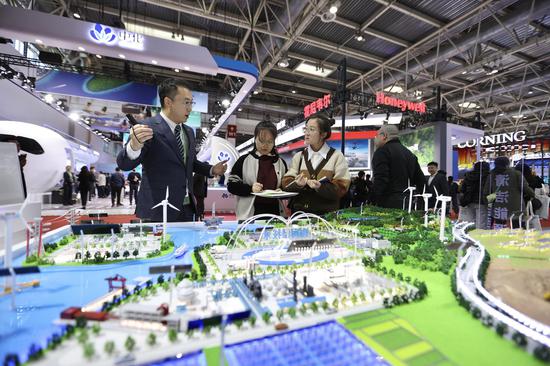
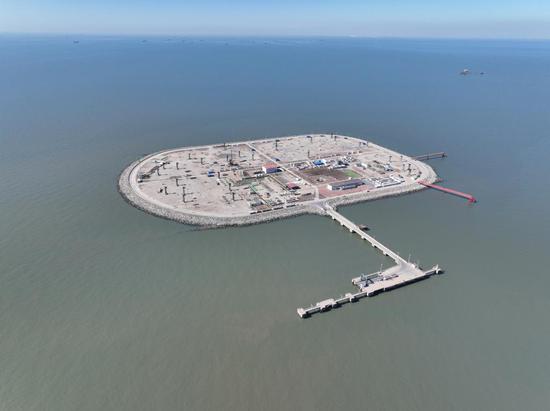

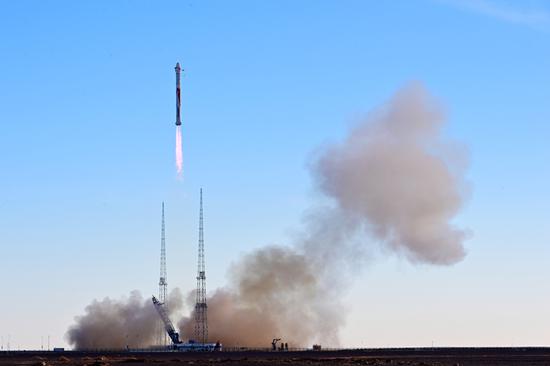
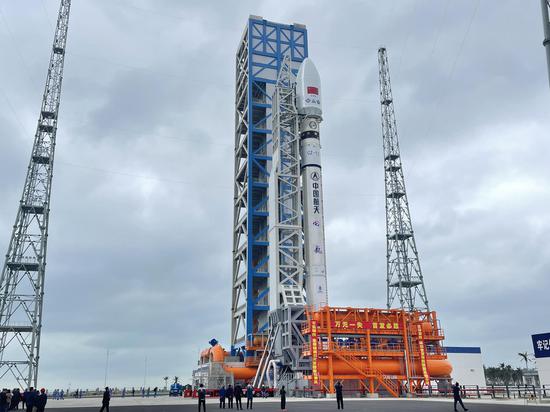
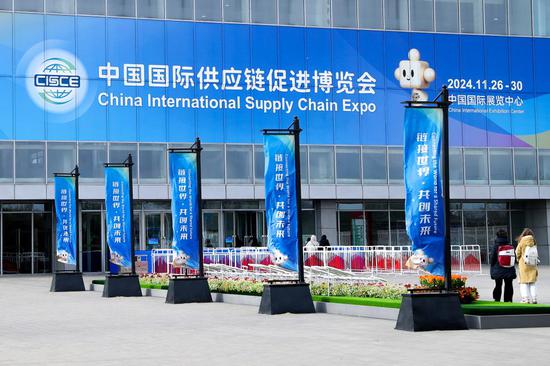
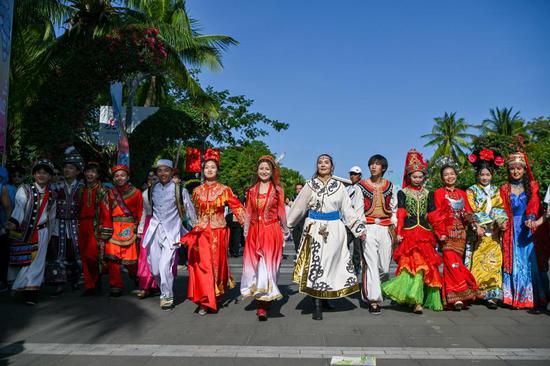
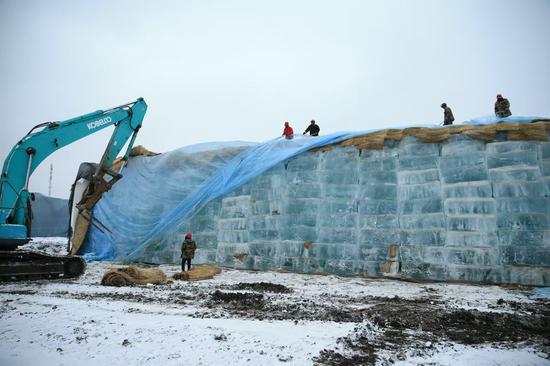
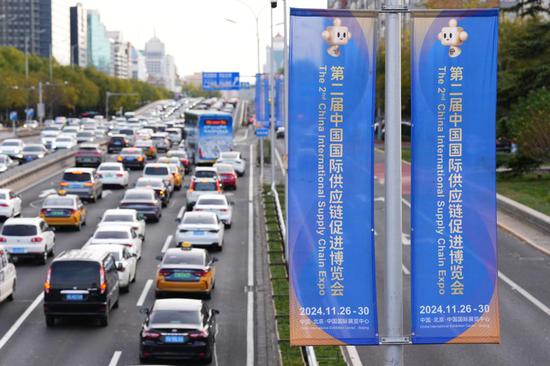


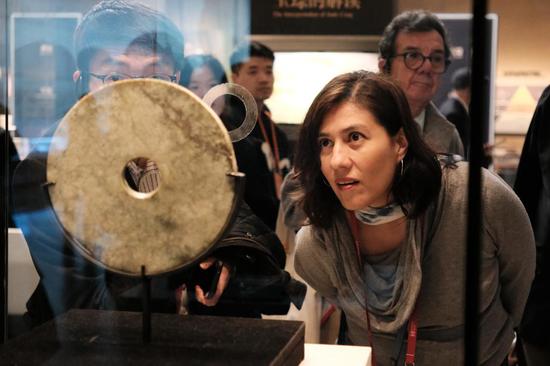
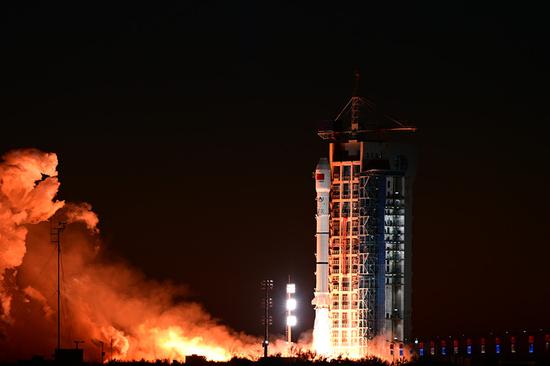


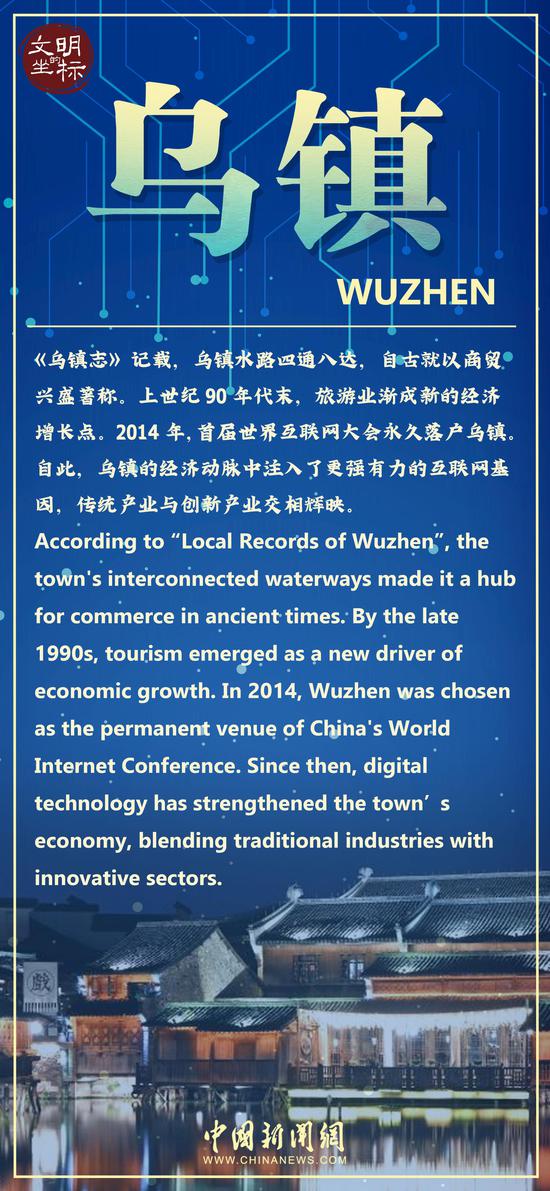

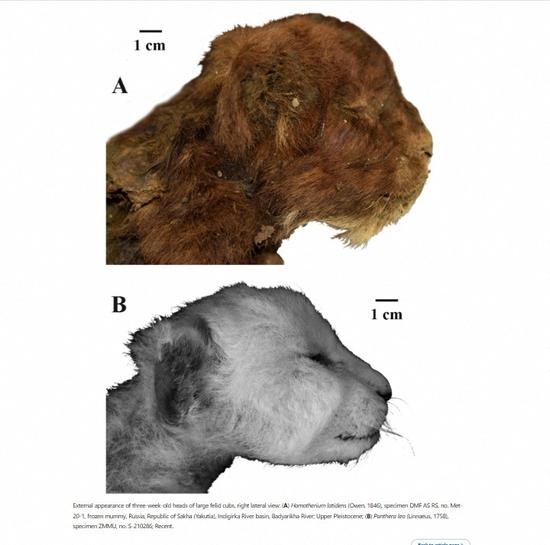







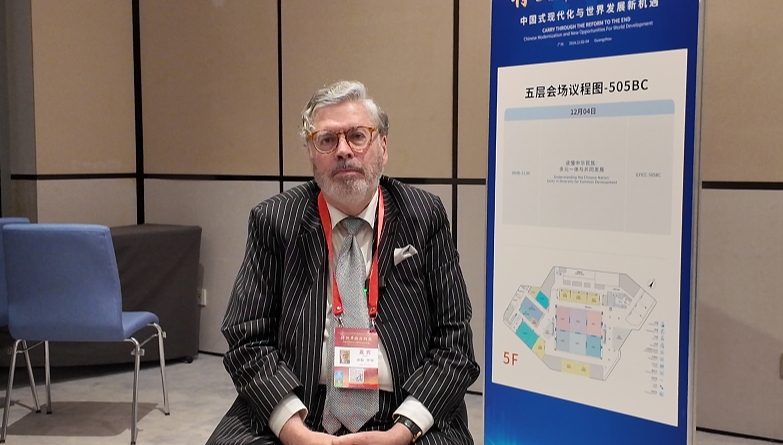

 京公网安备 11010202009201号
京公网安备 11010202009201号